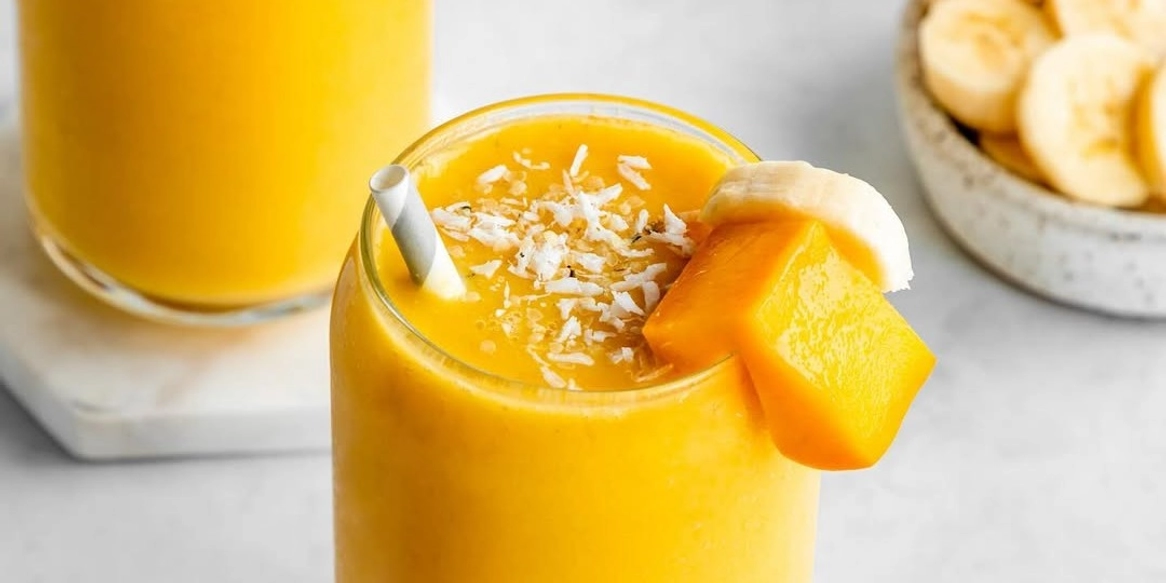“Don’t deny yourself. These fruits affect the mood, mental health and prevent depression on February 25, 06:27: Citrus use can reduce the risk of depression (photo: Moiranazzari/Pixabay) Fresh research confirms: nutrition plays an important role in emotional well -being. Dr. Radja Mehta, a teacher of Harvard Medical School and Massachuseta Hospital Doctor, showed that the daily use of orange reduces the risk of depression by 20%. This”, – WRITE ON: ua.news
Citrus use can reduce the risk of depression (photo: Moiranazzari/Pixabay)
Fresh studies confirm that nutrition plays an important role in emotional well -being.
Dr. Radja Mehta, a teacher of Harvard Medical School and Massachuseta Hospital Doctor, showed that the daily use of orange reduces the risk of depression by 20%. This effect is probably associated with the effect of citrus on the intestinal microflora – in particular, on the bacterium Faecalibacterium prausnitzii (F. Prausnitzii), which regulates serotonin and dopamine, key neurotransmitters that affect the mood.
What was the impetus for the study
It all started with the fact that my colleague, the post -Dokotor Chatpol Samutpon, when studying publications on depression, came across an article in 2016, which was hypothesized that citrus may reduce the risk of depressive disorders.
This idea was interested in us, because we had access to a huge array of data – Nurses’ Health Study II (NHS2). It started in 1989 and covered more than 100,000 nurses, which every two years provided information about their lifestyle, diet and health.
We decided to check that there was a relationship between regular citrus use and a decrease in depression. The results were more than interesting.

How significant is this effect? Can it be compared to antidepressants?
According to our data, one orange per day reduces the likelihood of depression by 20%. However, this effect is characteristic of citrus fruits-other fruits, such as apples or bananas, do not have a similar effect.
It is difficult to compare the effects of citrus with drug antidepressants, because the latter are used for the treatment of an already developed disease, while oranges, rather, play a preventive role. In the future, citrus may become part of a comprehensive approach to depression management, but additional research is required.
How exactly oranges affect the level of depression
As part of the NHS2, the subgroup of participants passed samples of intestinal microflora, which enabled us to analyze the relationship between the consumption of citrus and the bacterial composition of the intestine.
We have found that F. prausnitzii is more common in people who do not suffer from depression, as well as those who consume more citrus fruits.
To confirm these conclusions, we turned to the data of Men’s Lifestyle Validation Study, a similar study, but with the participation of men. There we saw the same effect: the higher level of F. prausnitzii was associated with the lower risk of depression.
The question is: how does this bacterium affect the mental state? We assume that it activates the metabolic path of S-adenosil-L-methionine I, which is involved in the production of serotonin and dopamine. These substances not only regulate the digestive tract, but can also enter the brain, where they help improve mood.

How unexpected were these results
It was expected to some extent. Today it is already known that there is a strong relationship between the intestine and the brain. However, before the start of the study, I did not think that citrus may affect mental health.
Most often they say that the fish is useful for the brain but no one calls oranges “food for the mind. ” In addition, F. prausnitzii has already been associated with various aspects of health, for example, with the prevention of inflammatory diseases of the intestine, but its effect on the mood has not been studied before.

What next
The next step should be a clinical study that will determine exactly whether citrus use can not only reduce the risk of depression, but also help in its treatment.
Today, there is a great need for accessible and safe methods of dealing with depression, and citrus is a promising look, because they do not have serious side effects.
In a broader sense, I hope that our work will push scientists to further study the connection between nutrition and mental health. Intuitive people already realize that food affects mood – no wonder exists “Food for comfort. ” But now science begins to understand the specific mechanisms of this process.





Legal information. This article contains general reference information and should not be considered as an alternative to the doctor’s recommendations. NV is not responsible for any diagnosis made by the reader on the basis of site materials. NV also is not responsible for the content of other online resources, reference to which are present in this article. If you are worried about your health, consult your doctor.
